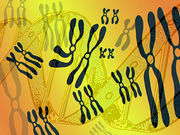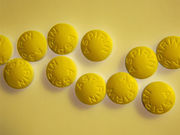Study Suggests a Low-Salt Diet Could Harm Certain Patients
Researchers say restricting sodium might backfire, but heart experts are critical of the finding
FDA Redesigns Nutrition Facts Label
Added sugars, relevant portion sizes among the highlights of revision
AAP Recommends at Least One Full-Time Nurse in Every School
Children's health needs are increasingly complex, requiring more time and expert care
Changes in Adipose Tissue With Lack of Insulin, IGF-1 Receptors
Almost complete absence of WAT and BAT for mice lacking both insulin and IGF-1 receptors
Early Loss of Islet Sympathetic Nerves in Type 1 Diabetes
Early, marked, and sustained loss of islet sympathetic nerves in type 1 but not type 2 diabetes
Sulfonylureas May Inhibit KATP Channel Neuroprotection
Treatment with sulfonylureas may increase the risk of stroke mortality in patients with type 2 diabetes
Danazol Treatment Linked to Telomere Elongation
Reduction in rate of telomere attrition at 24 months; gain in telomere length seen from six months
Lifestyle Intervention Before Infertility Treatment No Benefit
Lifestyle intervention preceding infertility treatment doesn't up vaginal birth rates in obese women
Major Stroke May Be Prevented by Taking Aspirin After TIA
Researchers find risk is reduced by as much as 80 percent
Self-Measured Waist Circumference Often Falls Short
Clinically important false-negative rate for self-measured waist circumference







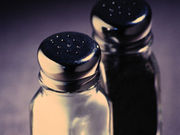
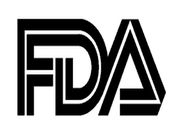

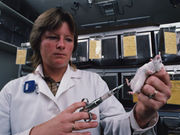
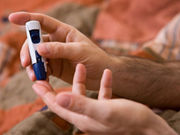
![Sulfonylureas May Inhibit KATP Channel Neuroprotection Treatment with sulfonylureas (ATP-sensitive potassium [KATP] channel blockers) may inhibit the neuroprotective effects of KATP channel activation and increase the risk of stroke](https://www.ehealth-news.com/wp-content/uploads/2016/05/18120-1.jpeg)
